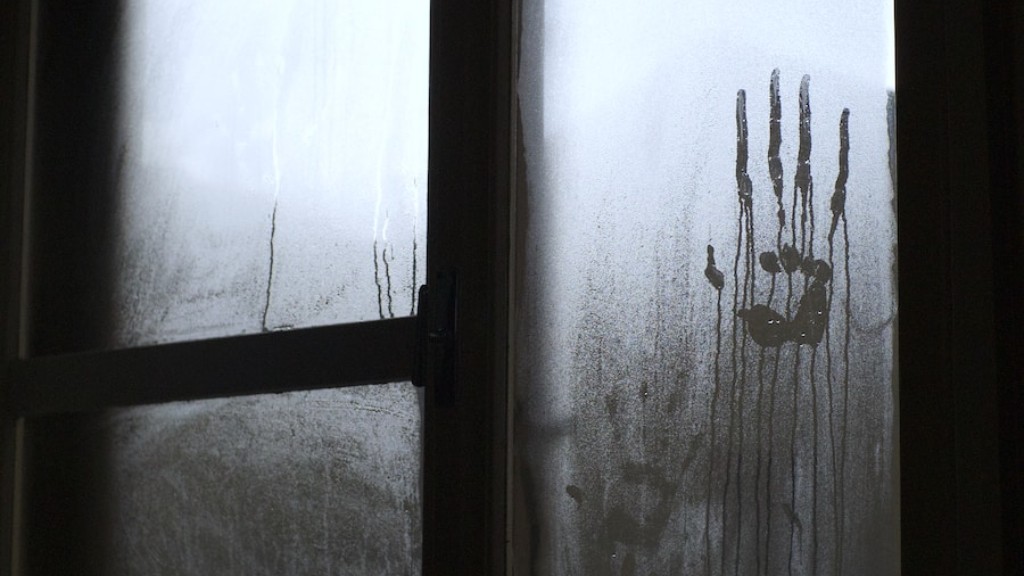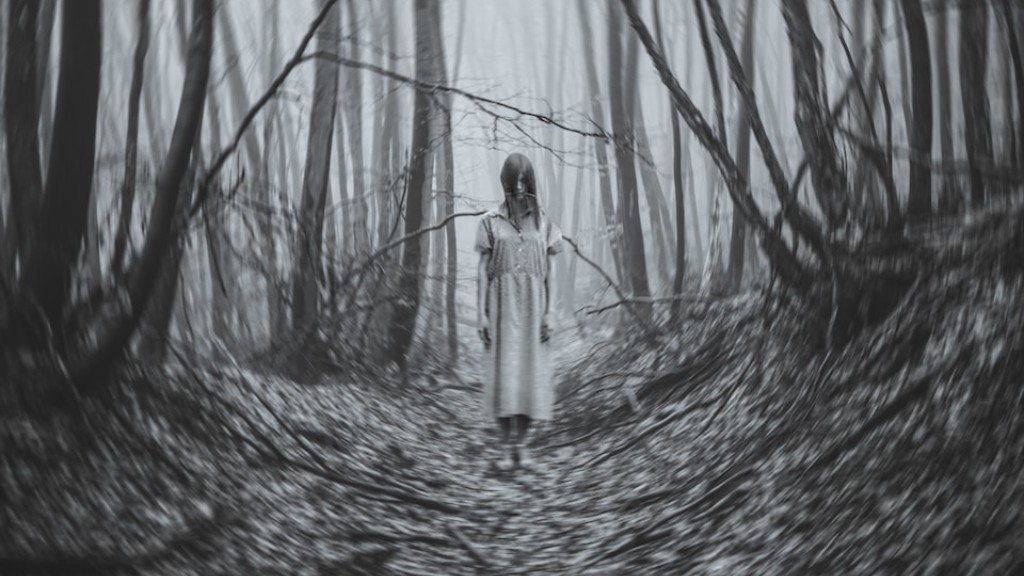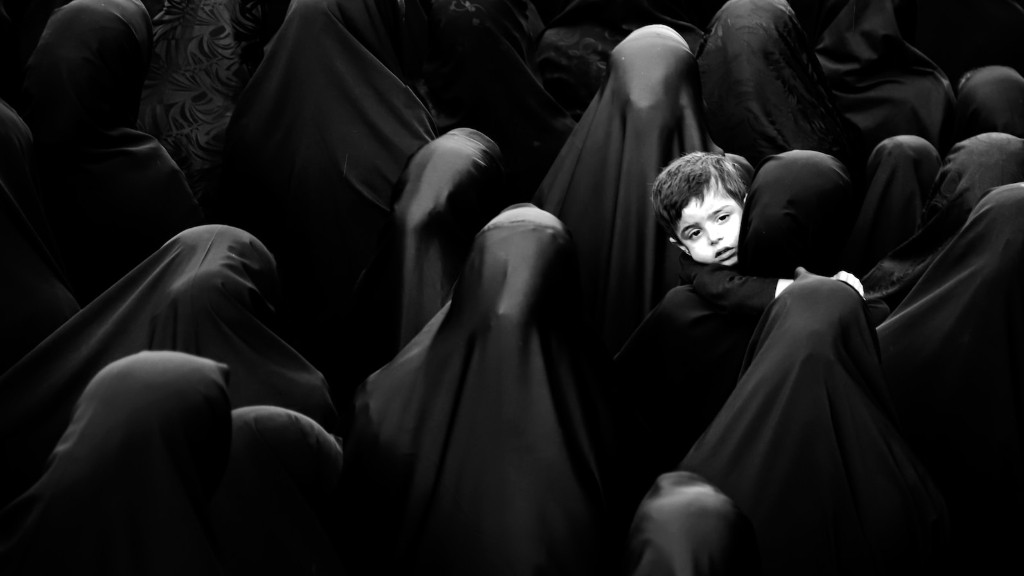Horror movies are a guilty pleasure for many people. They are suspenseful, thrilling, and sometimes even funny. But did you know that horror movies can also be educational? That’s right, some horror movies can actually teach us a thing or two.
For example, many horror movies are based on true stories. These movies can teach us about historical events that we may not have known about otherwise. Horror movies can also teach us about different cultures and traditions. For example, a movie like The Exorcist is not only a great horror movie, but it also teaches us about the Catholic practice of exorcism.
So next time you watch a horror movie, don’t be afraid to take some notes. You might just learn something!
Horror movies teach us about the things that go bump in the night. They also teach us about what it means to be afraid, and how to face our fears.
How do horror movies help us?
For some people, horror movies are a way to release tension and relieve anxiety. They provide a safe environment to practice feeling scared, and the release that comes after the movie is over can be enjoyable.
For a genre filled with masked murderers, monsters, and madmen, horror movies can actually be a source of moral guidance. Many great monster movies and selections of slasher cinema offer a few morals and lessons thrown in with the gory blood and guts. So, next time you’re looking for a moral compass, don’t forget to check out your local horror movie section.
How do horror movies reflect society
Horror movies are a popular genre that often explore society’s fears and concerns. They can be both entertaining and challenging, and often reflect the audience’s concerns back to them. By extension, the audience’s concerns are also the concerns of the movie’s creators. The fantasy elements in horror movies make them more palatable and enjoyable for the audience, while still providing a sense of fear and anxiety.
Horror entertainment can be a great way to get your adrenaline going. It can also help you to process your surroundings and figure out what is a genuine threat and what is not. This knowledge of personal safety is one reason why horror fans habitually watch scary movies.
What does horror do to your brain?
It’s important to be mindful of the media we consume, especially when it comes to images and videos that can be potentially triggering. If we’re already struggling with anxiety or other mental health issues, exposure to graphic or disturbing content can make things worse. It can cause us to relive trauma, increase our anxiety levels, and make us more sensitive to startle-eliciting stimuli. If you know that watching certain types of media will trigger negative thoughts and feelings, it’s best to avoid it altogether. If you do end up consuming something that’s upsetting, take some time afterwards to ground yourself and process what you’ve seen. This can help prevent the negative impacts from becoming overwhelming.
If you’re feeling anxious or depressed, watching a horror movie might give you some relief. The adrenaline released throughout your body can help to stabilize your mood and decrease your anxiety and depression in the short term.
Do horror movies have a message?
Horror has always been a genre that can be used to reflect the world around us. Whether it is intended or not, every movie has a perspective and a message. With the recent rise in popularity of horror movies, it is important to remember that there is usually a message hidden within the blood and gore. Take a step back and try to look at the big picture – you might be surprised at what you find.
Scary stories can teach children how to deal with their fears. It is okay to be afraid and use your brain to solve problems. You can also use your natural survival instincts to safely escape from dangerous situations.
What are the 3 rules of horror
1. The innocent must suffer: This is perhaps the most essential element of horror. In order for the genre to be effective, the audience must believe that the innocent are in danger. This sense of fear and suspense is what keeps people coming back for more.
2. The guilty must be punished: This is another key element of horror. Not only must the audience believe that the innocent are in danger, but they must also believe that the guilty will be punished. This sense of justice is what makes horror so satisfying.
3. The hero must taste blood to be a man: This is the final element of horror. The hero must be someone who is willing to fight for what is right and willing to take on the evil forces that threaten the innocent. This is what makes the genre so exciting.
Horror is a powerful genre that can have a profound impact on its viewers. It can be both entertaining and enlightening, revealing the dark side of human nature while also highlighting the importance of empathy, compassion, and love. Through its ability to shock and disturb, horror can be a powerful tool for social change, bringing about a greater understanding of the world around us.
What is the impact of horror movies?
Horror films are designed to elicit certain emotions such as tension, fear, stress, and shock. These can cause the release of the hormones in the body such as norepinephrine, cortisol, and adrenaline from the autonomic nervous system.
It is important to be mindful of these reactions when watching horror films, as they can have a negative impact on the body.
But a new study has found that watching horror movies can actually help relieve stress and anxiety.
Researchers at the University of Bedfordshire in the UK found that when people watched a horror film, their heart rates increased and their skin conductance (a measure of how much someone is sweating) increased.
But at the same time, the levels of the stress hormone cortisol decreased.
The researchers believe that the combination of the physical and psychological response to the film helps to “release” stress and anxiety.
So if you’re feeling stressed out, try watching a horror movie. It just might help you feel better.
What type of person watches horror movies
Some research indicates that people with a higher sensation-seeking trait tend to seek out and enjoy horror-related experiences more. Those with a lower sensation-seeking trait may find those experiences unpleasant and avoid them.
Some of the personality traits and cognitive/affective traits that have been implicated in horror preference and/or enjoyment of horror include sensation seeking, empathy, theory of mind, need for affect, the dark tetrad, and personality. Other individual differences include age and sex.
Sensation seeking is a personality trait characterized by a need for novel and intense experiences. Empathy is the ability to understand and share the feelings of another. Theory of mind is the ability to understand the mental states of others. Need for affect is a personality trait characterized by a need for strong emotions. The dark tetrad is a group of personality traits that includes narcissism, Machiavellianism, psychopathy, and sadism. Personality refers to an individual’s characteristic way of thinking, feeling, and behaving.
Age and sex are two additional individual differences that have been implicated in horror preference and/or enjoyment of horror. Age is thought to play a role because younger people are generally more sensation seeking and less empathic than older people. Sex is thought to play a role because women are generally more empathic than men.
Overall, there are a variety of individual differences that have been implicated in horror preference and/or enjoyment of horror. These differences include personality traits
What personality type likes horror movies?
The present study investigates the connection between personality traits and preference for horror movie genre. Low neuroticism and high sensation seeking were found to be better predictors of horror movie preference (Zuckerman & Little, 1985). The findings of this study suggest that individuals who are less neurotic and more sensation seeking are more likely to enjoy horror movies. This may be because these individuals are more able to handle the intense emotions and suspense that come with watching a horror movie.
Clasen’s research suggests that watching scary movies can help anxious people feel more in control. This is because they know the source of the fear and they have a clear sense of control over the situation.
Why is horror so addicting
Horror is addictive because it is exciting. The build-up and impact tends to be greater than any other genre and it responds much more to human nature than anything else. It’s fun to be scared, to push yourself, and to sometimes have something you are told you can’t have.
Watching scary movies can be a fun way to get a adrenaline rush. However, it is important to be aware that these movies can also have an effect on your heart rate. Just like with other activities that raise your adrenaline, watching scary movies can increase your heart rate. These effects are not unlike what happens while doing other sensation-seeking activities like riding roller coasters or sky diving. Horror movies can even affect heart attack risk. So, if you are going to watch a scary movie, be sure to do so with caution and be aware of the potential effects on your heart.
Warp Up
Horror movies typically teach their viewers about basic human fears, such as the fear of the dark, the fear of enclosed spaces, the fear of being alone, and the fear of the unknown. Additionally, horror movies often explore the delicate balance between good and evil, and the dangers that come with messing with that balance.
Horror movies teach us about the fear of the unknown and how to deal with it. They also teach us how to be alert and aware of our surroundings. Lastly, horror movies provide us with a way to release our fear and anxiety in a safe and controlled environment.




